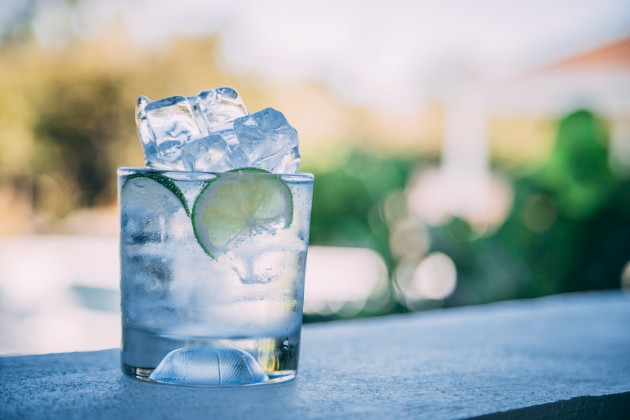
On-trade favours major gin brands over small-batch
According to market research by Shepper, the UK’s on-trade and hospitality outlets prefer to serve leading gin and tonic brands as their house products instead of supporting local and small-batch counterparts.
The research is based on a sample of 1,000 independent free-trade sites, alongside some regionally and nationally managed pub and bar groups.
Across the country, 148 different types of gin were served, with only one in ten being a regional variety. This is despite the emergence of successful small batch distilleries across the UK in recent years.
- READ MORE: After the gin boom
The only exceptions were in Scotland and Brighton, which were more likely to serve local and small batch gins – 15 per cent of researchers received an alternative to a more prominent household name.
The most common gins served were Beefeater (22 per cent) and Tanqueray (18 per cent), with Bombay Sapphire and Gordons at 10 per cent. Only one in four were offered a flavoured gin.
The data also reveals that while Tanqueray was the most preferred gin in London, Beefeater was served the most in the North West and Greater London. The East of England and the West Midlands were more likely to serve niche gins.
The above findings indicate that the hospitality industry needs to do more to support regional gin makers.
According to the WSTA, British gin sales were worth £2.7bn in 2019, but only £1.9bn in 2020 (despite more volume being sold), though they recovered somewhat to £2.1bn in 2021. Meanwhile, according to CGA, the top ten British gin brands in 2021 were down by 23% by value compared with the previous year.
Some smaller distilleries have even had to close; namely, the Duck and Crutch, made and distilled from a shed in Kensington.
Lisa Halstead, buyer at Master of Malt, told Harpers back in April: “It looks like the gin boom is over. We saw standard gin decline around three years ago, and premium and flavoured drive significant growth. Since then, we have seen both premium and flavoured plateau, and now are pretty steady in market share.”
The research indicates that the average cost of a single gin and tonic is £7.73 in London and £5.67 in the East Midlands. The cheapest gin and tonic was served in Nottingham at £3.20 and the most expensive in Central London at £20.25.
Lindsay Forster, CEO of Shepper, said: “Thanks to the comprehensive work of our local community, we now have valuable customer experience data and insight into how on-trade and hospitality are serving a house gin and tonic across the UK.
“What the data shows is that the more well-known household names are preferred, but the small local batch providers are making a marginal breakthrough. However, the hospitality industry can do more to support the smaller, lesser-known brands, as gin lovers are typically open to trying different types of gins, tonics and garnishes.





